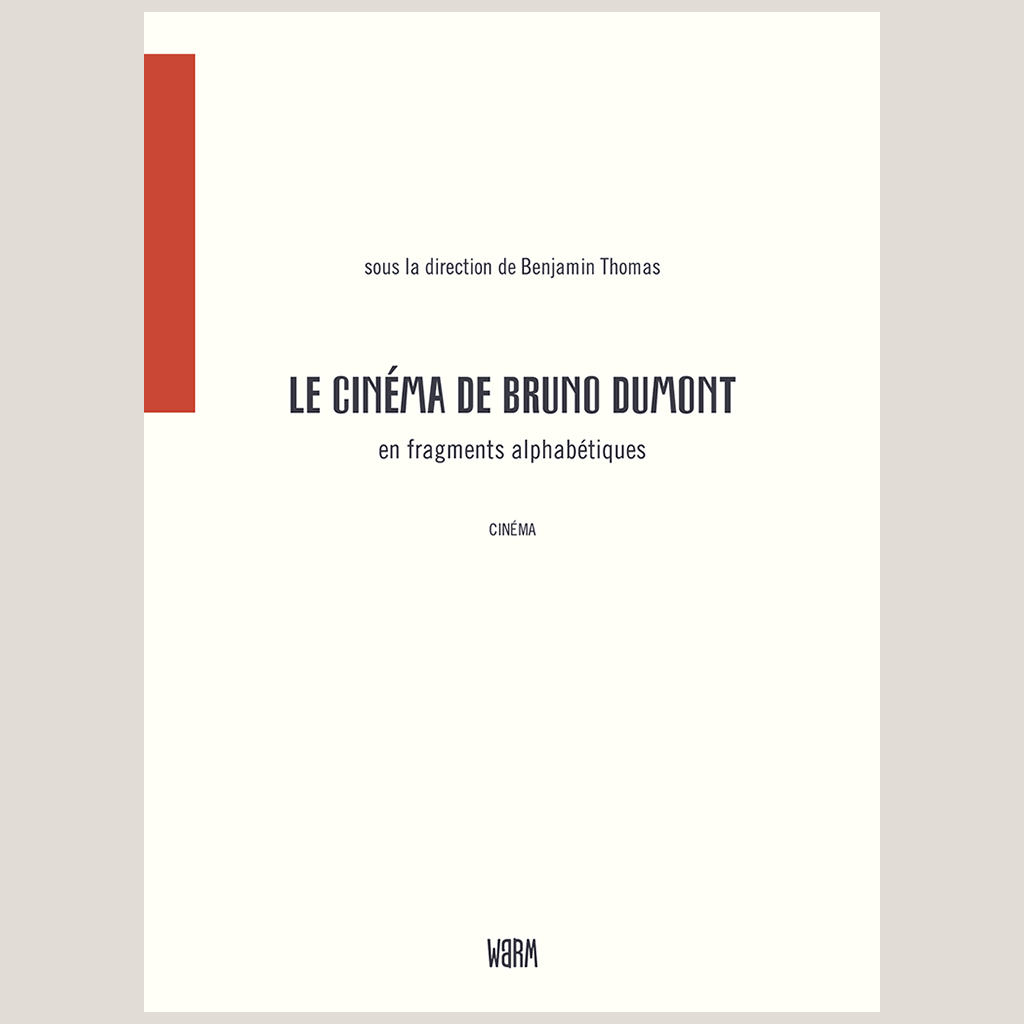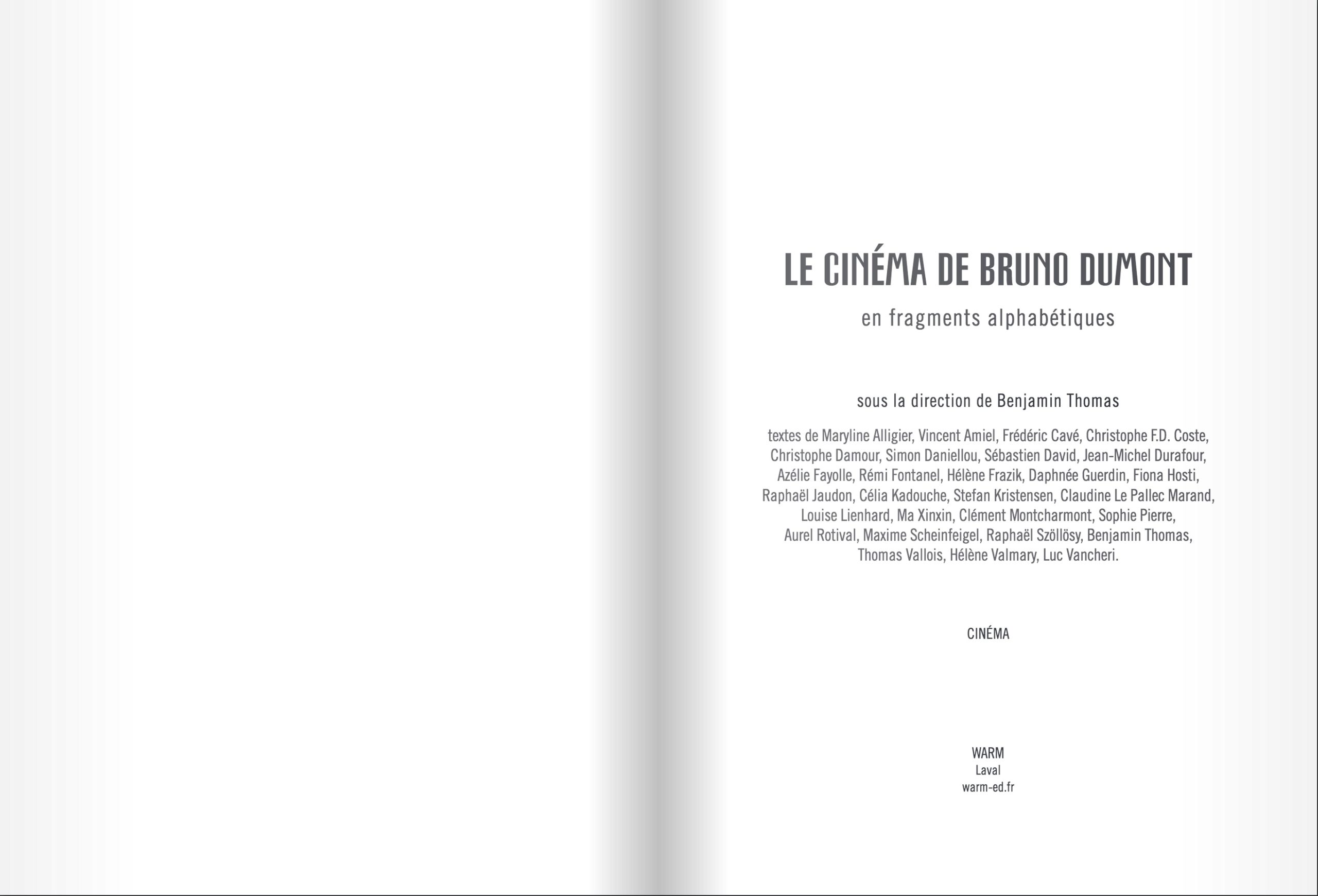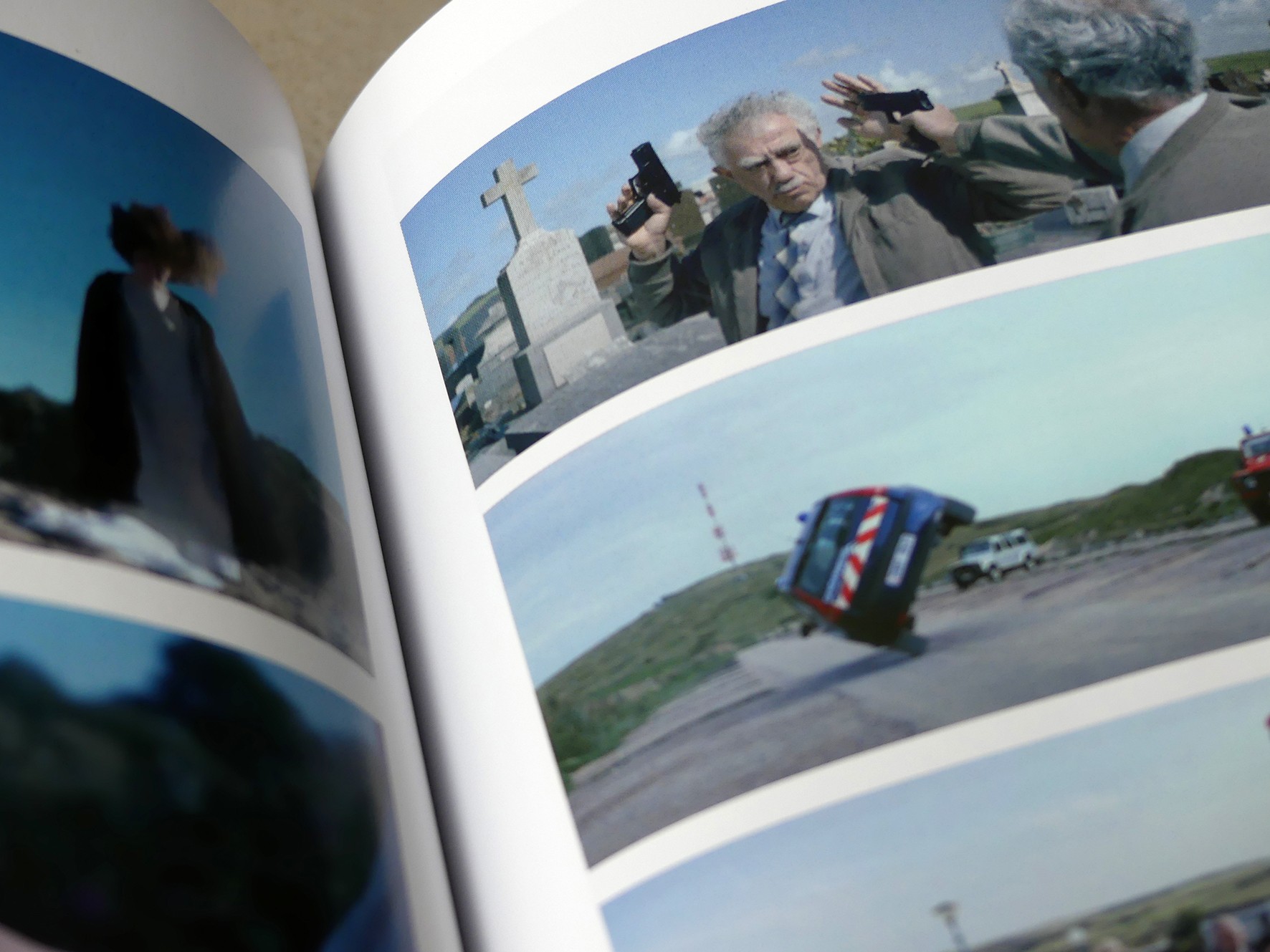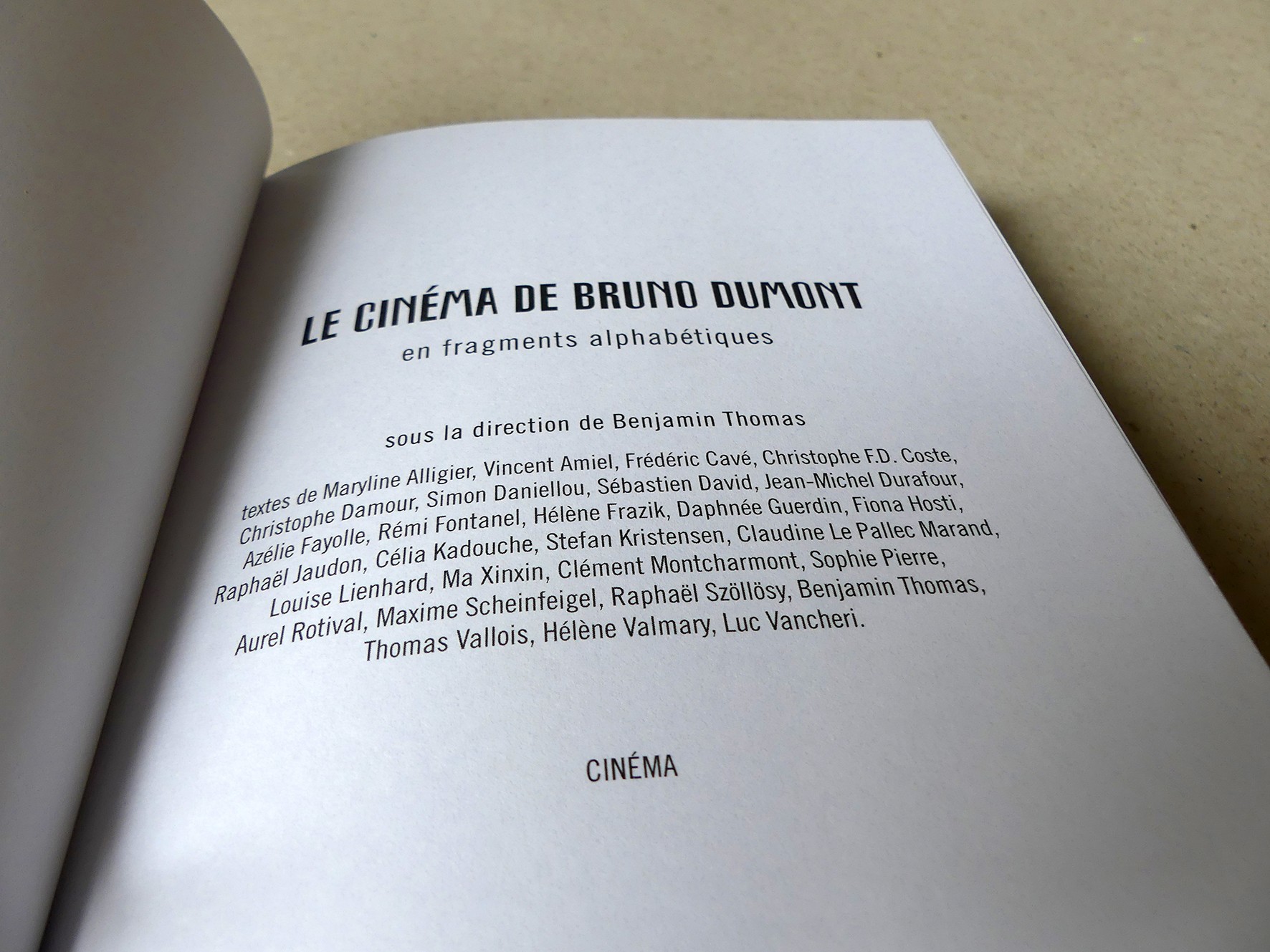This is the event at the end of the season for WARM editions : the publication of the collective book Le cinéma by Bruno Dumont in alphabetical fragments, directed by Benjamin Thomas after a rich and exciting year of discussions and work with the 28 authors , our lynx eye concealer aka Charles Tatum Jr. and our printer Jouve-Print.
After the books devoted to the films of Wang Bing and Lisandro Alonso in particular, our Cinema collection continues its exploration of contemporary cinema by focusing on one of the most unique French filmmakers of our time, Bruno Dumont.
Besides its artistic ambition, this is our most important editorial project since our creation (excluding the Blink Blank magazine) with its 444 pages and its 28 authors. We would like to thank the National Book Center (CNL) and the National Center for Cinema and Animated Image (CNC) for their decisive support.
Share on social networks :
Bruno Dumont is the author ofLa Vie de Jésus, L’humanité, Twentynine Palms, Flandres, Hadewijch, Hors Satan, Camille Claudel 1915, P’tit Quinquin, Ma Loute, Jeannette, L’Enfance de Jeanne d’Arc, Coincoin et les Z’inhumains, Jeanne.
His new film France is presented in competition at the Cannes film festival in July 2021 and is released in theaters on August 25, 2021.
Benjamin Thomas is professor of film studies at the University of Strasbourg. He is the author, among others, of L’Attrait du vent (Yellow Now, 2016), “Fantômas” by Louis Feuillade (Vendémiaire, 2017) and Faire corps avec le monde. De l’espace cinématographique comme milieu (Circé, 2019).
From La vie de Jesus in 1997 to the most recent Jeanne, Bruno Dumont’s cinema is placed as close as possible to gestures, bodies, places … His works, in sometimes very different registers and genres, welcome accidents, incidents, disdain the dramatic construction expected to observe the coexistence of opposites, in the world as in human beings. Dumont’s films, far from simply capturing aspects of a raw world, take the visible as its reverse seriously. The composition and the editing are as decisive there as the desire to make sensitive the dense part of the invisible in which the images are laminated.
One of the ways of approaching a cinema of such aesthetic and thematic richness would perhaps be precisely to maintain a plurality of points of view, a coexistence of readings about it.
In any case, this is the path taken here : a collective reflection, in the form of sixty-seven alphabetical fragments – from “Actors” to “Zombies et cannibales”, including “Bach”, “Bailleul”, “Ecriture” , “Grotesque”, “Mystique”, “P’tit Quinquin”, “Politique” or “Bruegel” -, signed by twenty-eight authors, devoted to feature films and series as well as to heady questions and reasons, such as as many inputs as possible to think about Bruno Dumont’s cinema.
With contributions from :
Maryline Alligier (“Écriture”, “Jeanne”), Vincent Amiel (“Bresson”, “Ma Loute”, “Twentynine Palms”), Frédéric Cavé (“Interstices”, “Sibérie”), Christophe F.D. Coste (“Onomastique”), Christophe Damour (“Acteurs”, “Naturalisme”), Simon Daniellou (“Raccord”), Sébastien David (“P’tit Quinquin”, “Onomastique”), Jean-Michel Durafour (“Bach”, “Caplet”, “Christophe”, “Igorrr”, “Lekeu”, “Royer”), Azélie Fayolle (“Burlesque”, “Intrigue”, “Renan”), Rémi Fontanel (“Camille Claudel 1915”, “Chutes”, “Regard”), Hélène Frazik (“Carnaval”, “Grotesque”), Daphnée Guerdin (“Femmes”, “Maternité”, “Virilité”), Fiona Hosti (“Alchimie”, “Oiseaux”), Raphaël Jaudon (“Avances”, “Classes”, “Larmes”, “Politique”), Célia Kadouche (“Idiotie”, “Langage”, “Transcendance”), Stefan Kristensen (“Flandres”), Claudine Le Pallec Marand (“Sexualité”), Louise Lienhard (“Violence”, “Zombies et cannibales”), Ma Xinxin (“Images pensives”), Clément Montcharmont (“Enfance”, “Jeannette, l’enfance de Jeanne d’Arc”), Sophie Pierre (“Espace”), Aurel Rotival (“Sacré”), Maxime Scheinfeigel (“Animus et Anima”), Raphaël Szöllösy (“Alchimie”, “Coincoin et les Z’inhumains”), Benjamin Thomas (“Bailleul”, “Bruegel”, “De Winter”, “Epstein”, “Les Flandres”, “Giotto”, “Hors Satan”, “L’humanité”, “Lille”, “Littéraire”, “Paysages”, “Réel, réalités”, “Reprendre”, “Van der Weyden”), Thomas Vallois (“La Vie de Jésus”), Hélène Valmary (“Dernier plan”), Luc Vancheri (“Hadjewich”, “Mystique”).
To know everything about this book, its genesis and its purpose, meet on Thursday June 24 at 6 p.m. at the Albert-Legendre Library in Laval (53).
n partnership with the M’Lire bookstore, as part of Circuit court (Mobilis).
Free admission.
These articles may interest you …
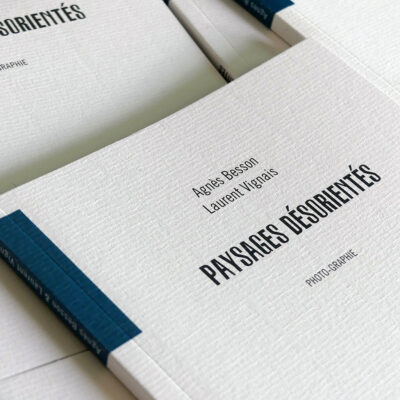
Publication of the book Paysages désorientés by Agnès Besson and Laurent Vignais on November 26, 2021.
In the fall of 2021, our Photo-Graphie collection welcomes a newcomer: Paysages désorientés, a new...
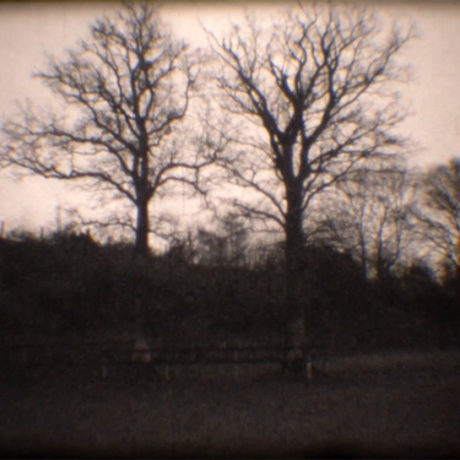
Pascal Le Gall, filmmaker…
Pascal le Gall is known for his practice of jazz and « experimental » music (tree records on the...
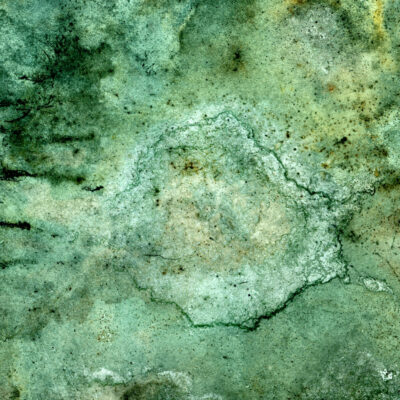
The start of WARM
A new season starts for WARM. The sixth.At the same time, we are inaugurating this new site whose...
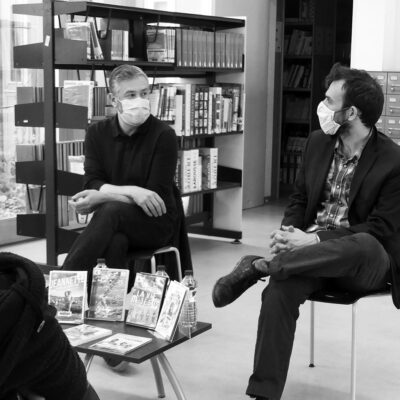
Back to… Meeting with Benjamin Thomas
On June 24, we had the pleasure of welcoming Benjamin Thomas for a meeting at the Albert-Legendre...

